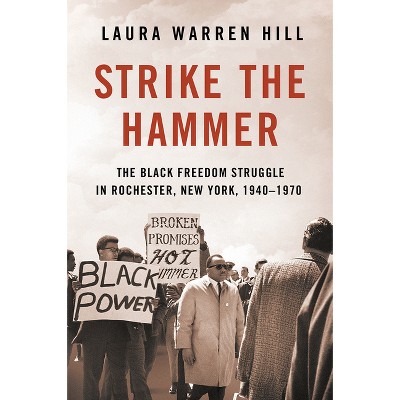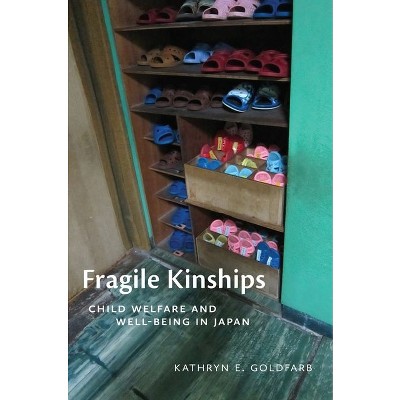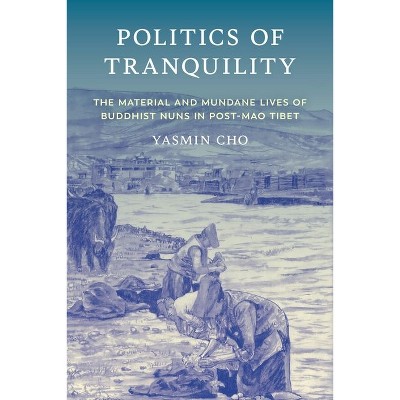About this item
Highlights
- Throw Your Voice is a story of loss and recovery.
- About the Author: Meghanne Barker is Lecturer in Education, Practice and Society at the UCL Institute of Education and a Visiting Fellow in the Department of Media and Communications at the London School of Economics.
- 234 Pages
- Social Science, Anthropology
Description
About the Book
"Throw Your Voice is an ethnography of childhood in contemporary Kazakhstan, with theories of familiarization techniques and animation tying together two sites: a government-funded puppet theater and a temporary, state-run home for young children. Anton Chekhov's short story "Kashtanka" serves as a narrative thread throughout the book"--Book Synopsis
Throw Your Voice is a story of loss and recovery. It relates how children placed in a temporary care institution make sense of their situations. Moving between a Kazakhstan government children's home, Hope House, and the Almaty State Puppet Theater, Meghanne Barker shows how children, and puppets, as proxies, bring to life ideologies of childhood and visions of a rosy future. Sites and stories run in parallel. Framed by the narrative of Anton Chekhov's "Kashtanka," about a lost dog taken in by a kind stranger, the author follows the story's staging at the puppet theater. At Hope House, children find themselves on a path similar to Kashtanka, dislodged from their first homes to reside in a second.
The heart of this story is about living in displacement and about the fragile intimacies achieved amidst conditions of missing. Whether due to war, migration, or pandemic, people get separated from those closest to them. Throw Your Voice examines how strangers become familiar, and how objects mediate precarious ties. She shows how people use fantasy to mitigate loss.
Review Quotes
Anthropology as a whole has largely focused on adults, so many anthropologists will find the book a refreshing exploration of children's lived experiences, including their play and fantasy worlds. The book's writing style is accessible and at times lyrical, with more technical semiotic analysis and references reserved for the footnotes. Ultimately, Barker's work exemplifies how, even without taking language as its primary object, linguistic anthropology's interpretive approach can illuminate the aesthetic, material, and intimate processes through which social relations are made and sustained.
-- "Linguistic Anthropology"About the Author
Meghanne Barker is Lecturer in Education, Practice and Society at the UCL Institute of Education and a Visiting Fellow in the Department of Media and Communications at the London School of Economics. She is an editor of Semiotic Review.












